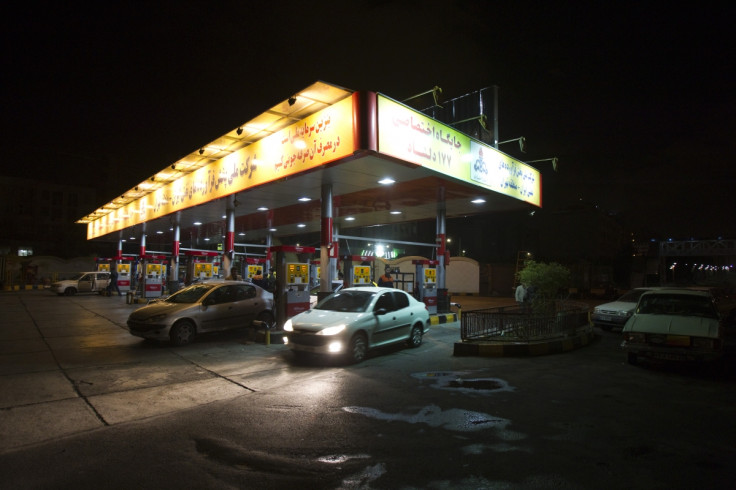Iranians Wake up to Massive 75% Petrol Price Hike as Subsidies are Slashed

Iranians woke up this morning to find that petrol prices had risen by as much as 75%, after massive government subsidies were removed.
The price hikes began at midnight on Thursday and witnesses reported Iranians flooding to petrol stations in advance of the deadline but there have been no reports of civil unrest, as occurred when the country began to ration cheap fuel in 2007.
Iran's government went ahead with the measure as part of an economic reform programme aimed at reducing domestic inflation and cajoling world powers into lifting economic sanctions on the country.
"We have been preparing for two months to implement these plans in provinces, cities and rural areas," Interior Minister Abdolreza Rahmani Fazli said, as reported by state news agency IRNA.
"Considering the planning. It is expected that the second phase of target subsidies will take place without any problems or displeasure from people."
Subsidised petrol, rationed to all motorists, was hiked from $0.16 a litre to $0.28. The price of petrol sold outside of the government ration went up from $0.28 to $0.39.
The massive hikes will test the popularity of Iran's moderate president Hassan Rouhani, who had promised to bring inflation down and create jobs.
However, the last time an Iranian leader slashed the government subsidy on fuel there was rioting in the streets and led to long-term inflation.
Mahmoud Ahmadinejad's government was also beset by crippling sanctions from global powers, which combined with the fuel price hike, led to inflation of around 40% by the end of his term.
Rouhani wants to use the money saved from the subsidy to create jobs for Iranians, 25% of whom are unemployed or under employed. If Rouhani can deliver on jobs, the public is more likely to accept price increases.
This is the president's second major attempt at domestic subsidy reform, following the disastrous food handouts that he introduced to replace cash subsidies. Television pictures of long lines of Iranians queuing for hours to pick up groceries hurt Rouhani's image as a competent manager.
© Copyright IBTimes 2025. All rights reserved.





















